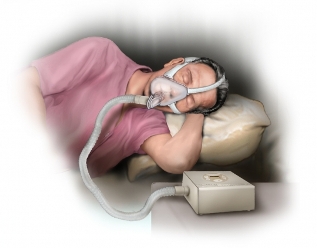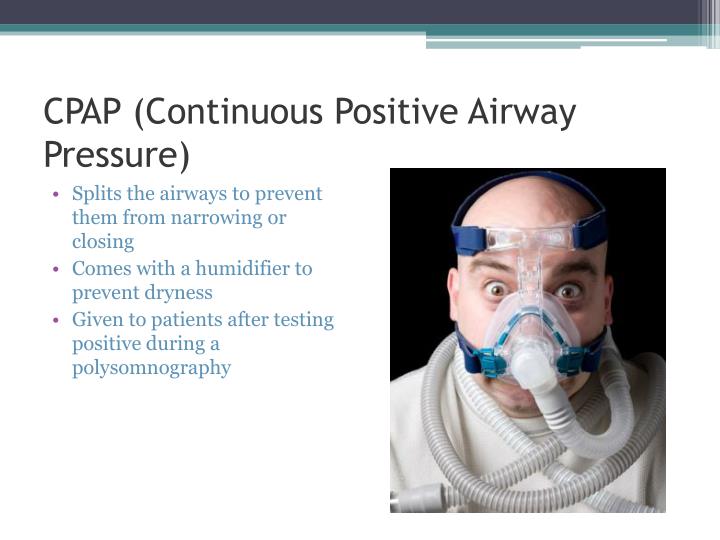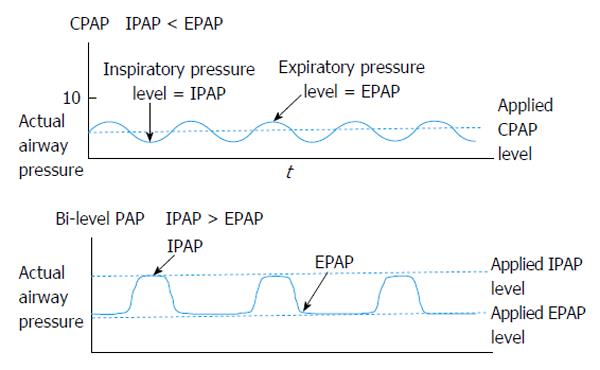Machine pressure positive continuous cpap airway icu bmc unit quote
Table of Contents
Table of Contents
Do you suffer from sleep apnea, but find it difficult to use a continuous positive airway pressure (CPAP) machine because of a dry throat and nasal passages? If so, you’re not alone. Many people find this therapy uncomfortable, but adding a humidifier to your CPAP machine can help.
Pain Points of CPAP Therapy and Humidifiers
For people with sleep apnea, CPAP machines are a godsend. They keep your airway open while you sleep, making it easier to breathe and reducing snoring. However, the most common complaint about this therapy is that it can cause dry mouth and nasal passages, which may make you feel uncomfortable and even make it difficult to wear a mask.
Target of CPAP Therapy and Humidifiers
The target of CPAP therapy and humidifiers is to provide a comfortable and effective way to treat sleep apnea without causing additional discomfort. Humidifiers can help keep your airways hydrated and alleviate dry mouth and nasal passages, making it easier to use a CPAP machine throughout the night.
CPAP therapy can be life-changing for people who suffer from sleep apnea, but it’s important to be comfortable while using it. Here are some key points to consider in order to make CPAP therapy as comfortable as possible.
Personal Experience with CPAP and Humidifiers
When I first started using a CPAP machine, I struggled with dry mouth and nasal passages. I found it extremely difficult to sleep with the mask on, and often woke up feeling like my throat was raw. However, adding a humidifier to my CPAP machine made all the difference. Not only did it alleviate the dryness, but it also helped me sleep better throughout the night.
Humidifiers are easy to install and can be added to most CPAP machines. They provide a constant source of moisture throughout the night, which can help reduce dryness and make it easier to breathe.
The Benefits of Using a Humidifier with Your CPAP Machine
Humidifiers offer a number of benefits when used with CPAP machines. They help keep your airways hydrated and reduce nasal congestion, which can make it easier to breathe. They also help reduce the risk of dry mouth, which can lead to bad breath and even infections.
Using a humidifier with your CPAP machine can also help reduce irritation and nasal discomfort, which can make it easier to use the machine throughout the night. It can also help reduce noise levels from the machine, which is a common complaint among CPAP users.
How to Choose a Humidifier for Your CPAP Machine
When choosing a humidifier for your CPAP machine, it’s important to consider a few key factors. First, make sure the humidifier is compatible with your CPAP machine. Many manufacturers make humidifiers that are specifically designed for their machines, but you can also find third-party humidifiers that are compatible with multiple models.
Next, consider the type of humidifier you want. There are two main types of humidifiers: heated humidifiers and passover humidifiers. Heated humidifiers warm the water before it enters the CPAP machine, while passover humidifiers rely on the air from the CPAP machine to evaporate the water. Heated humidifiers tend to be more effective, but they also require more maintenance and cost more.
Tips for Using a CPAP Machine with a Humidifier
When using a CPAP machine with a humidifier, there are a few tips you should keep in mind to ensure maximum comfort and effectiveness:
- Make sure to fill the humidifier with distilled water, as tap water can leave mineral deposits that can damage the machine or create bacteria.
- Clean the humidifier regularly to prevent bacteria buildup.
- Adjust the humidifier setting based on your comfort level. If you still experience dry mouth or nasal passages, consider increasing the humidity level.
Question and Answer
Q. Are humidifiers necessary when using a CPAP machine?
A. While they are not strictly necessary, they can make the experience more comfortable and effective, especially for people who struggle with dryness or nasal congestion.
Q. Can I use tap water in my CPAP humidifier?
A. It is not recommended. Tap water can contain minerals that can build up in the machine or create bacteria. Use distilled water instead.
Q. Do I need a special humidifier for my CPAP machine?
A. It depends on the brand and model of your CPAP machine. Many manufacturers make humidifiers that are specifically designed for their machines, but you can also find third-party humidifiers that are compatible with multiple models.
Q. How often should I clean my CPAP humidifier?
A. You should clean your humidifier at least once a week to prevent bacteria buildup. Make sure to follow the manufacturer’s instructions for cleaning and maintenance.
Conclusion of CPAP Therapy and Humidifiers
If you’re struggling with CPAP therapy because of dry mouth and nasal passages, adding a humidifier to your machine can make all the difference. It can help keep your airways hydrated and alleviate discomfort, making it easier to wear the mask throughout the night. With proper maintenance, a humidifier can be an effective way to make CPAP therapy more comfortable and effective.
Gallery
What Is Continuous Positive Airway Pressure Therapy? | GenesisCare

Photo Credit by: bing.com / continuous airway positive pressure
Continuous Positive Airway Pressure | UVA Health

Photo Credit by: bing.com / pressure positive airway continuous cpap machine medical nucleus copyright inc sleep
Continuous Positive Airway Pressure (CPAP) Devices Market

Photo Credit by: bing.com / pressure positive airway continuous cpap devices types market machine breathing bipap different insights premium press release
PPT - SLEEP APNEA PowerPoint Presentation - ID:6259697

Photo Credit by: bing.com / pressure positive continuous airway cpap apnea sleep airways ppt powerpoint presentation
Technocare Medisysteam Continuous Positive Airway Pressure Machine, ICU

Photo Credit by: bing.com / machine pressure positive continuous cpap airway icu bmc unit quote



